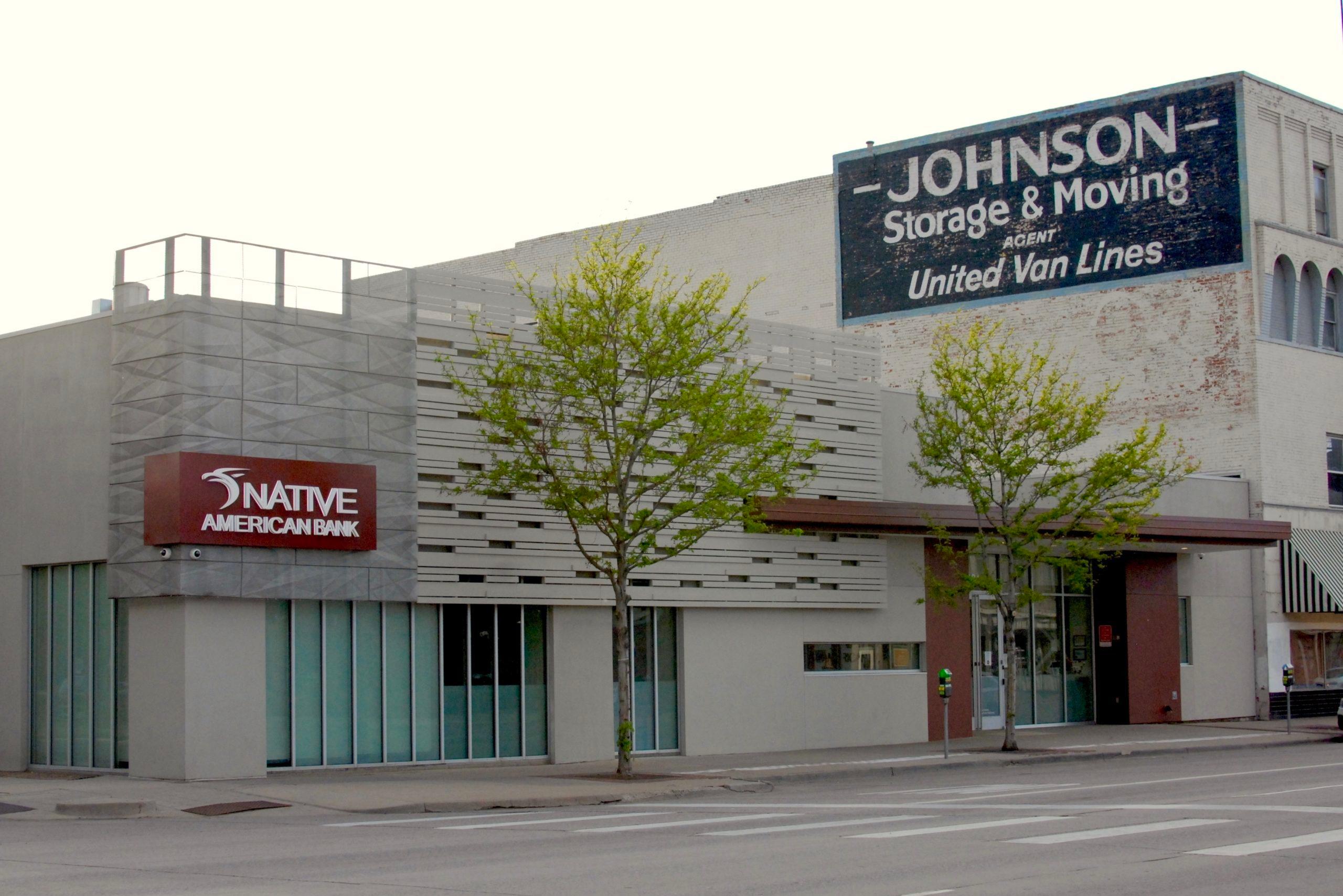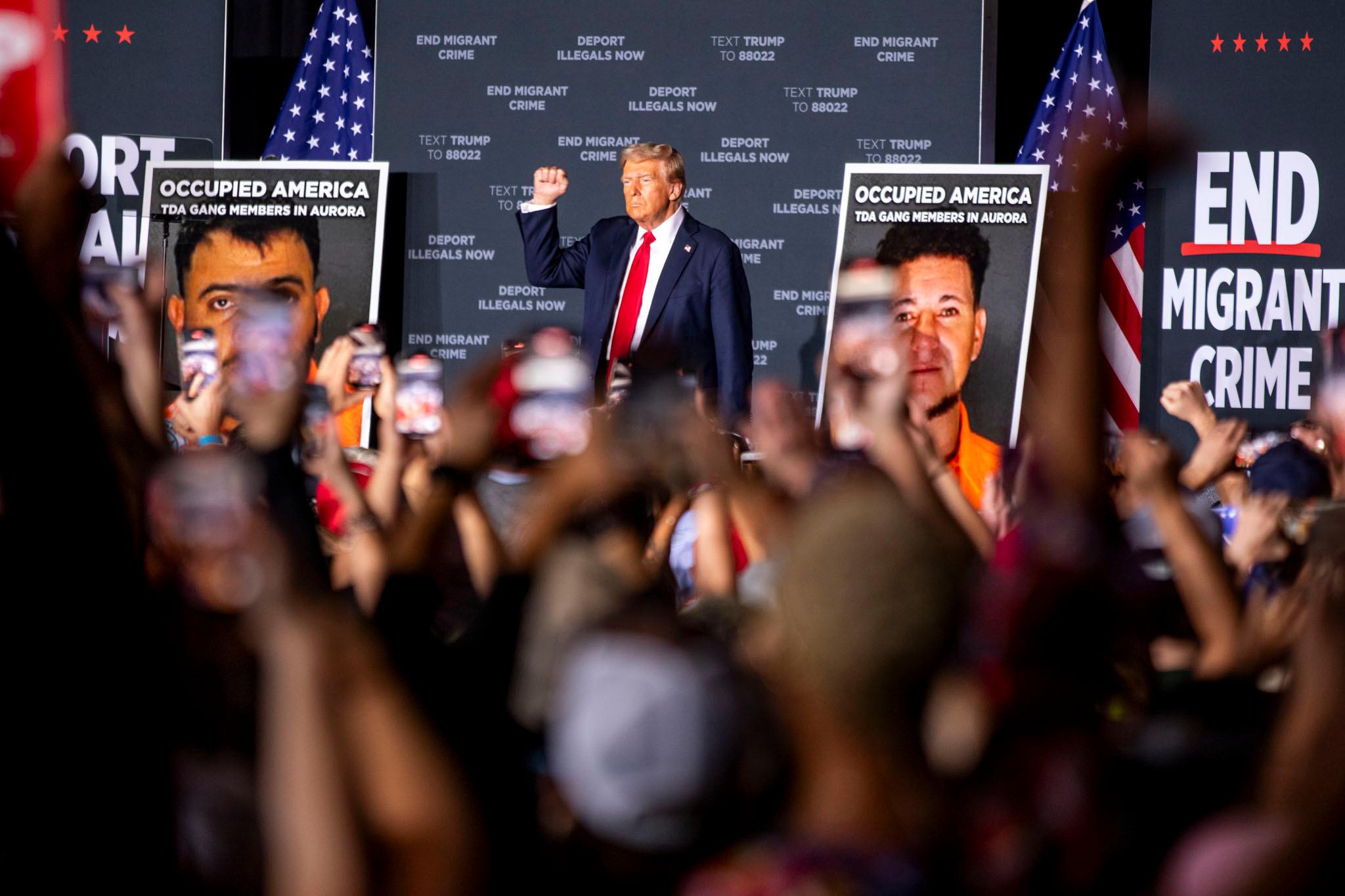
Native American communities have historically faced barriers when it comes to banking. The coronavirus pandemic has only exacerbated those challenges.
Oweesta, a Longmont-based Community Development Financial Institution that assists Native organizations through loans and training has felt the pinch. Businesses that rely on Oweetsa have lost money as COVID-19 ravaged the economy.
Chief Financial Officer Florence Ludka said that’s affected Oweesta’s portfolio too.
Two things have kept them afloat and allowed them to continue to offer financial services in Indian Country during the pandemic: a Paycheck Protection Program loan from the government and Denver-based Native American Bank. They assisted Oweesta with their PPP application.
It’s done the same for many Native organizations because there’s not a lot of trust for mainstream banks.
Indigenous people have to travel far outside their communities to access banking services and when they do, they face reduced access to credit. Ludka said it’s “a kind of segregation from our national banking institutions.” Some banks are hesitant to approve mortgages on reservation lands. While banking access has improved in recent decades, it’s still behind in many other areas in the U.S.
The University of Arizona’s Native Nations Institute wrote in a 2017 study, “Even at current rates of growth, it will take another 40 years for the per capita incomes of Native peoples living on reservations to catch up to the per capita incomes of all Americans.”
That was before the pandemic hit.
NAB president Thomas Ogaard estimates that his bank has assisted with more than 120 approved PPP applications that total $38.1 million in loans, the vast majority of which are going to Native-owned businesses.
“It's everything from small restaurants to large employment, could be hotels, even casinos today are eligible for PPP loans, and we've been able to support Indian Country on a number of different fronts,” Ogaard said.
It may be months before the economic effects of COVID-19 on Native communities are clear, Ogaard said. There could be long term damage from the lack of credit, lost jobs and decreased income.
“A lot of these dollars that are generated either through gaming revenues or other entities that provide resources, go into other programs for the tribal communities,” Ogaard said.
“Those dollars are not there today,” he said.
Ludka, who is Ojibwe, thinks that the economic effects will hit Native economies across the country harder than the mainstream economy. She also thinks those same communities will take longer to recover.
“We have 574 federally recognized Native nations across the United States,” explained Ludka.
“Tribal gaming and non-gaming enterprises support more than 1.1 million jobs for our Native community. So with all of the... tribal casinos shut down across the U.S… the impact on Indian Country is horrendous,” she said.









